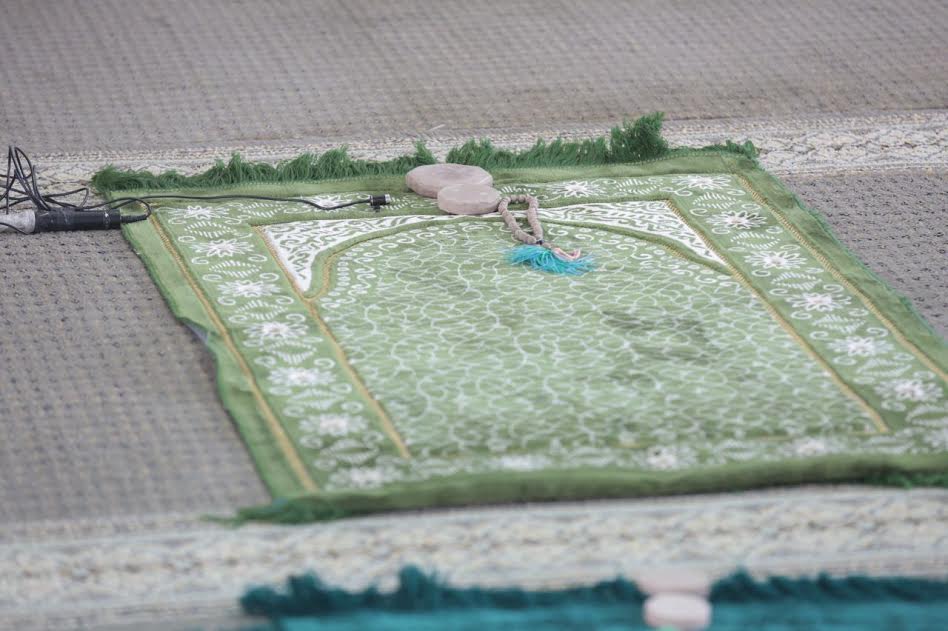Alwaght- The religious equation has, for the most part, been simple: you do good deeds, you go to heaven. Among those deeds, especially in the Islamic faith, is prayer. Even more cherished is Friday prayer, which normally sees people from different walks of life congregate to worship God, an act of unity in the face of differences.
Holly Quran's Chapter (62) sūrat l-jumuʿah (Friday):
“O you who have believed, when [the adhan] is called for the prayer on the day of Jumu'ah [Friday], then proceed to the remembrance of Allah and leave trade. That is better for you, if you only knew.”
Yet, in Bahrain, which is a majority Muslim country, authorities are taking measures to prevent the largest Friday prayer congregation. The holy act of worship is being dealt with as it if it were sin, for political purposes of course.
The Bahraini regime is following strict procedure to prevent Muslims from praying at Imam Sadiq Mosque in Diraz, west of the capital.
This week marked the 26th such deterrence in more than five months.
Security forces enforced strict measures such as blocking roads and setting up check points to this end.
The sight of the empty mosque, which is shown in pictures, has grieved many Bahrainis. Even more dismaying was the picture of a prayer rug that was spread out, along with a rosary, Turbah, and a microphone; which belong to the Imam of the mosque. These items were placed to highlight his absence.
Meanwhile, influential religious leader Sheikh Issa Qassim remains in authorities’ custody, along with opposition leader sheikh Ali Salman.
Diraz, the hometown of these leaders, was the site of a protest on Friday where pictures of Qassim and Salman were raised against the backdrop of the adjournment of their court dates, initially set for December 4th. It is worth mentioning that the Bahraini regime uses this tactic to keep oppositionists in its custody for as long as possible.
Protests calling for the release of Sheikh Qassim, as well as demanding an end to sectarian persecution, have been ongoing for 166 consecutive days.
It is estimated that 60 to 70 percent of Bahrainis belong to the Shiite sect of Islam. Yet the monarchy fails to fairly represent this group and even targets them systematically. In 2011, the Bahraini revolution was sparked by the people’s calls for justice and equality for all Bahrainis alike, regardless of their sect.
Many protesters have been killed, detained, tortured, or attacked since then.
However, the loud calls for democracy have not been heeded. In fact, with the help of Saudi Arabia and under the auspices of a biased international community, Bahraini authorities have managed to escalate their discrimination.
The measures taken against Qassim, including his incarceration and the revoking of his citizenship, are regarded by Bahrainis as a clear targeting of the Shiite sect, its rituals, and figures in the Persian-Gulf state.
Earlier this year, the largest Shiite political parties and cultural organizations, Al-Wefaq and the Islamic Awareness Organizations were shut down.
Yet, if the political activities of the Shiites in the country are scrutinized by authorities, does that legitimize the prevention of Friday prayer? When even the Israelis are criticized for attacking the sanctities of another religion, why aren’t Bahraini authorities being held responsible for the discrimination they practice against their own?
Friday prayer is part of the Islamic creed. It is addressed in the holy Quran. Having the audacity to treat it as a sin, logically raises questions about the fidelity of this monarchy to the teachings of Islam. Even if politics get in the way, the Islamic religion should not be comprised by those who call themselves Muslim.



























